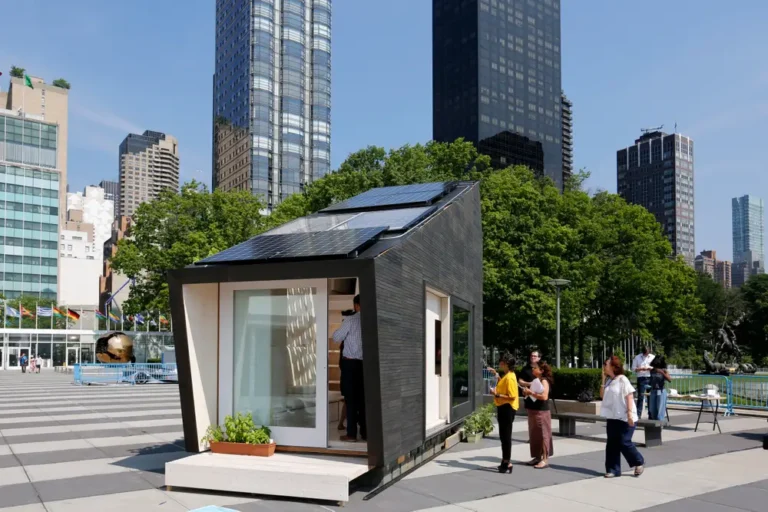County supervisors uphold eminent domain, killing plan for estate house in scenic Coyote Valley

Land owner says he is being treated unfairly, while open space agency says development would ruin rural character
County leaders killed a plan to build a two-story, 8,465-square-foot estate home in Coyote Valley, a rural expanse of farmland and open space between San Jose and Morgan Hill that has been the site of decades of development battles.
The Santa Clara County Board of Supervisors voted 4-0 to allow the Santa Clara Valley Open Space Authority to acquire the vacant 4.6-acre property through eminent domain, siding with environmental groups and open space advocates.
Edgar Andrade, a 33-year-old Morgan Hill heating and air conditioning company owner, purchased the property at the intersection of Santa Teresa Boulevard and Richmond Avenue two years ago. He proposed building the house for his family, along with a three-car garage, a secondary house, and three water tanks.
Andrade claimed that he was being treated unfairly following the ruling.
“I’m extremely disappointed,” Andrade said following the election. “I feel betrayed.”
However, the open space authority, a government agency based in San Jose, said the development would harm the rural character of Coyote Valley, an area that was once proposed as the world headquarters for Apple and Cisco in the 1980s and 1990s, but where taxpayers and environmental groups have spent $120 million in the last decade to preserve 1,500 acres of open space and farmland.
After Andrade refused to sell, the open space agency’s board voted 7-0 in September to take the property through eminent domain, the first time in the agency’s 30-year history.
Eminent domain is a process used frequently by highway departments and flood control agencies in which the government can force a landowner to sell their property if they are paid fair market value for it as determined by a court.
Although it has been used on occasion by parks and open space agencies, including those in the Bay Area and the National Park Service, eminent domain is viewed as a last resort because it can cause political uproar. Andrade was allowed to appeal to the board of supervisors under the law that established the open space agency.
On Tuesday, however, the supervisors reached an agreement with leaders of the open space authority.
“They want to make sure they protect farmland and maintain the rural character of Coyote Valley, as well as promoting wildlife habitat in South County,” said Sylvia Arenas, supervisor for the county. “This isn’t a decision I take lightly.”
Arenas, whose district includes Coyote Valley, Gilroy, and Morgan Hill, said she sympathized with Andrade because she grew up in East San Jose as well. She recalled being a member of the San Jose City Council when it approved spending $46 million from Measure T, a bond approved by San Jose voters, four years ago to purchase more than 900 acres of farmland in Coyote Valley for permanent protection.
“This piece of property is part of a greater effort,” Arenas was quoted as saying. “I’m proud right now to be able to protect it.” There have been numerous efforts to safeguard Coyote Valley.”
Andrade and his attorney, Glenn Block of Glendale, claimed that Andrade had complied with all county zoning and building regulations and should have been permitted to build.
When asked if he planned to sue, Andrade said he didn’t know.
“I still need time to digest everything,” he added.
Now, a court will decide how much the open space authority must pay Andrade for the land. Two years ago, he paid $800,000 for the vacant lot. The authority has made him an offer of $950,000, which includes $50,000 for his permitting fees and other costs. He has stated that he does not wish to sell.
Two people defended Andrade during the discussion on Tuesday.
“This is setting a very dangerous precedent in the county,” said Margaret Belska, a Santa Clara County Planning Commission member.
“If they didn’t want a single-family home built on the property,” she said of the open space agency, “then they should have purchased it when it was on the market.”
Supporters of the decision argued that the Andrades’ plan to build a large estate home in an area surrounded by farmland that so many people had worked to preserve for years would ruin the rural character of the area and have an impact on wildlife.
“They propose to leverage the public’s $120 million investment in creating a greenbelt to get the benefit of living in the midst of open space while permanently degrading that open space for the public,” said Andrea Mackenzie, general manager of the authority.
“Coyote Valley is vital to the health and welfare of Santa Clara County residents for food, flood protection, and recharge of our underground aquifers,” said Larry Ames, a former board member of the Palo Alto environmental group Green Foothills.
“One landowner wants to make an end run,” he stated, “and build a monster house in the middle of it all.”
Supervisor Otto Lee said he hoped that Andrade would take the money from the sale and build another home in a different location.
Lee, along with Arenas and supervisors Susan Ellenberg and Joe Simitian, voted to deny Andrade’s appeal. Supervisor Cindy Chavez, whose husband Mike Potter is a member of the open space authority’s board, abstained.





